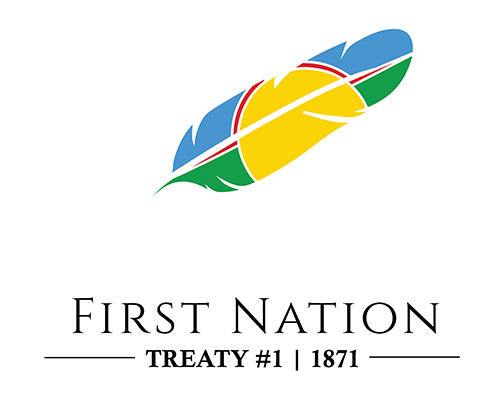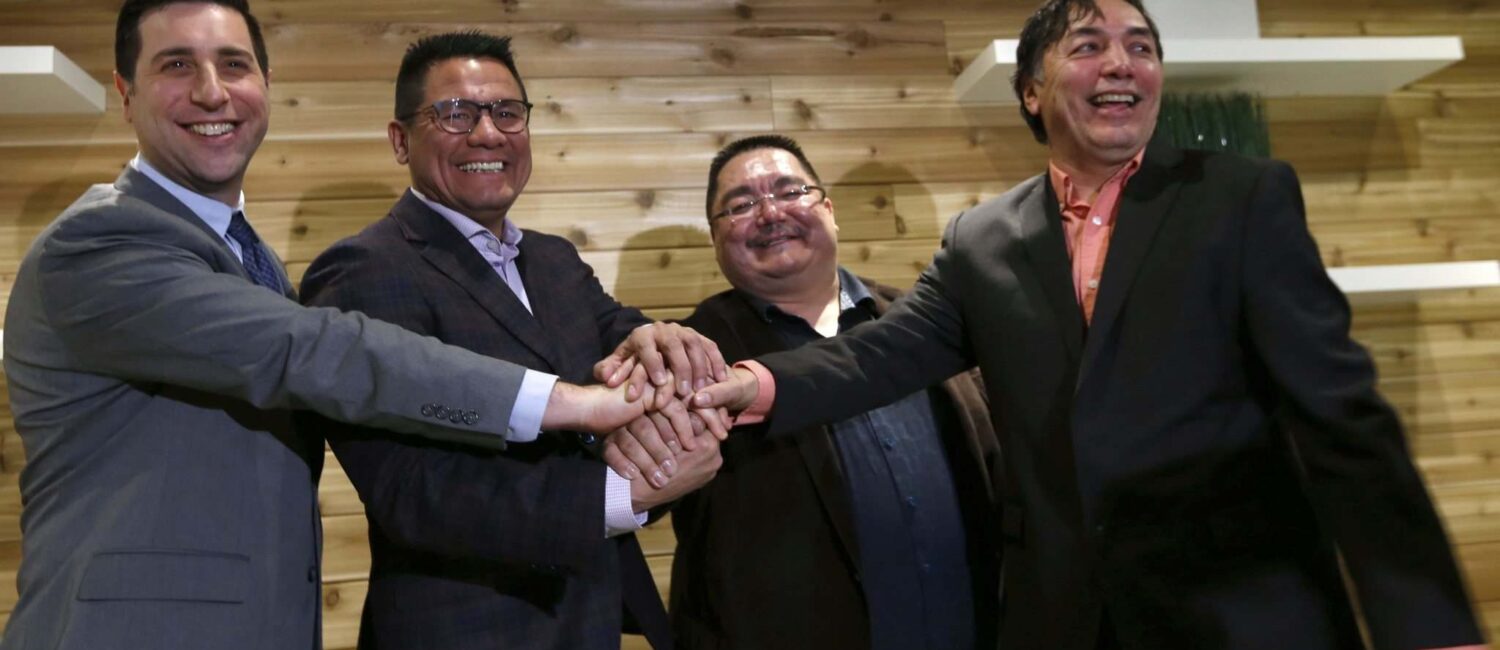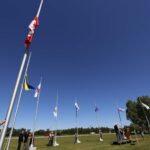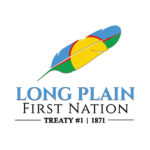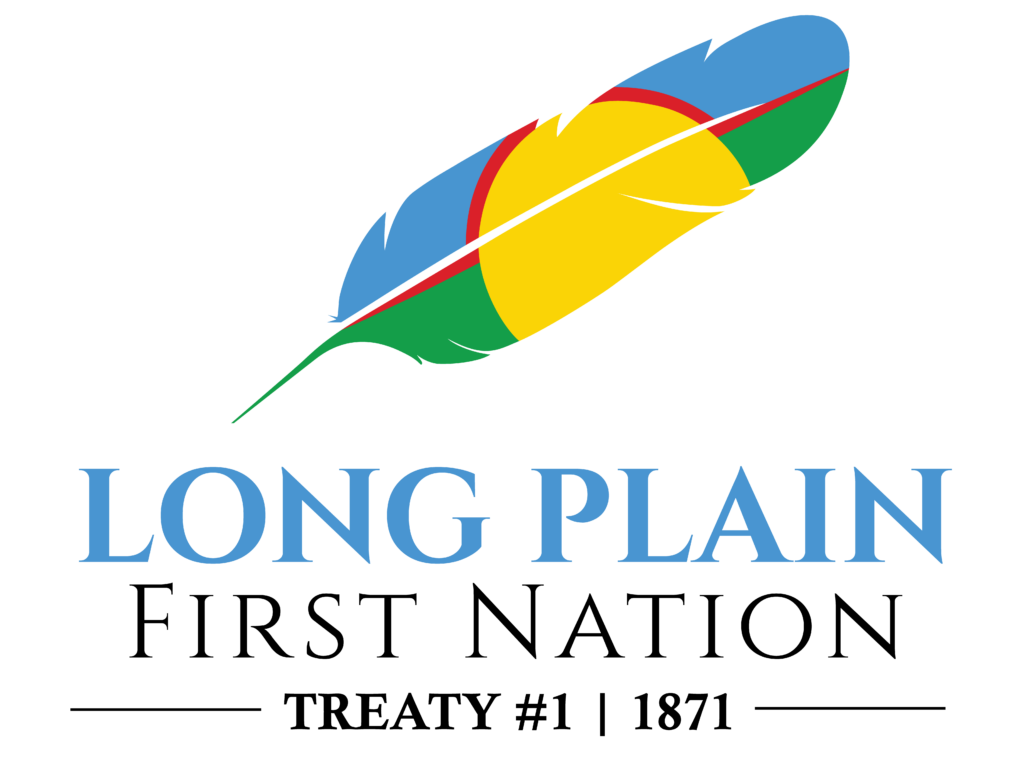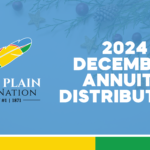Three Manitoba First Nations outlined plans on Friday that could see retail cannabis locations open on treaty land, including locations in downtown Winnipeg.
They have a partnership agreement with National Access Cannabis, a chain of medical cannabis access clinics with plans to open recreational marijuana dispensaries after legalization on July 1. The chain is responding to the Manitoba government’s request for proposals to operate retail cannabis locations in the province.
The agreement includes Opaskwayak Cree Nation, which is a major investor in National Access Cannabis, as well as Long Plain First Nation and Peguis First Nation.
The business partnership is in line with the federal government’s stance that Indigenous communities should be able to participate in the legal cannabis economy, said Chief Christian Sinclair of the Opaskwayak Cree Nation during a press conference.
“We saw it as… an economic opportunity which would address our social issues as well,” said Sinclair. “The war on drugs, or in this case cannabis, is over. That allows us to participate, and now initiate a war on poverty by taking the resources that we can develop from this initiative and apply it to strengthen our governments and our societies as First Nations going forward.”
“Prohibition doesn’t work, and so we support the legalization of marijuana,” said Chief Dennis Meeches of Long Plain. “Obviously, it would be foolish for us not to be involved in this industry, because of our location.”
National Access Cannabis locations on First Nations land would be staffed by members of those communities, said the leaders.
“Although the cannabis industry might not be the saviour for First Nations and Indigenous people, it will go a long way to helping provide sustainable development in the years to come,” said Meeches. “Our people need to work, we need to lift our people out of poverty. The struggle for economic independence is real.”
Opaskwayak Cree Nation plans to open a National Access Cannabis store at the Otineka Mall shopping centre in Opaskwayak, Manitoba, according to Sinclair.
Long Plain is looking at locations on its Madison Street urban reserve land near Polo Park in Winnipeg, as well as its Keeshkeemaquah urban reserve land in Portage La Prairie. Long Plain’s main reserve near Portage La Prairie could also see a dispensary, pending a decision by the reserve’s government, said Meeches.
Peguis First Nation is considering potential retail cannabis outlets on its land on Portage Avenue and Ellice Avenue, according to Chief Glenn Hudson, as well as the Peguis First Nation itself. More locations are possible, he said.
Future Indigenous-operated cannabis stores on First Nations land could have a business advantage related to tax exemptions, suggested Sinclair.
“Recognizing the fact that we have rebate programs with tobacco and gas, it will be very similar to this process with cannabis,” said Sinclair.
“The position of Long Plain First Nation is, it is a tax exemption,” said Meeches.
Even though National Access Cannabis is applying to be one of Manitoba’s retail cannabis operators, the company hasn’t actually won that opportunity yet. The provincial government’s RFP closes Dec. 22.
The First Nations leaders partnering with National Access Cannabis suggested they could open retail cannabis stores on Indigenous territory in Manitoba regardless of whether the province selects the company to run retail stores, although Sinclair stressed that the company and its Indigenous partners want to work in partnership with the government of Manitoba and “are respecting the RFP process.”
“We have the Indigenous government right to conduct trade on our First Nation lands, and this is federal legislation,” said Meeches, who suggested tobacco sales should serve as a model for First Nations cannabis sales.
National Access Cannabis CEO Mark Goliger said the company’s decision to partner with First Nations grew out of its financial partnership with Opaskwayak Cree Nation.
“As that relationship materialized, we realized that this is a great opportunity for inclusion, so what we just heard from these very important nations is that they should have been consulted from the beginning,” said Goliger.
“Well, from our standpoint, there’s no time like the present.”
– STORY COURTESY OF WINNIPEG FREE PRESS
